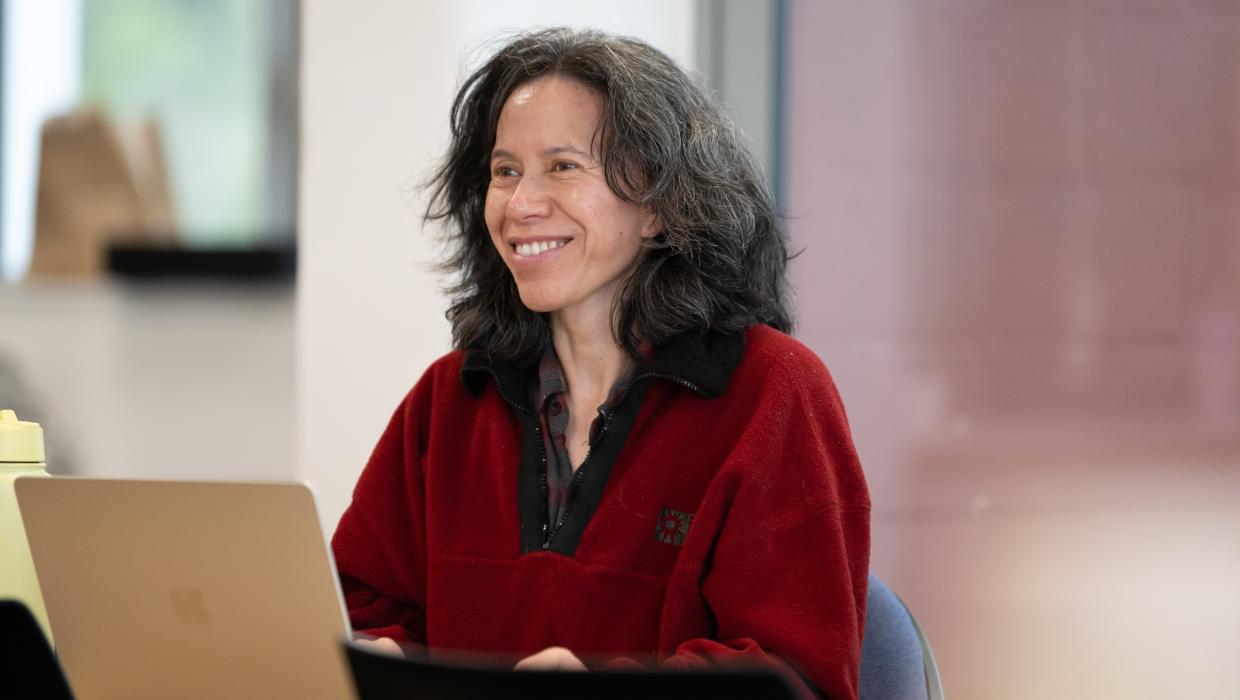Science
Māori Theatre Explores Justice Themes in ‘Out the Gate’

Theatre enthusiasts and advocates for social justice will have the opportunity to engage with critical themes surrounding incarceration through the new production titled Out the Gate. This theatrical work, created by Helen Pearse-Otene, a prominent Māori psychologist and theatre practitioner, is currently touring and will be performed at Massey University in Wellington from November 12 to 15, 2023.
Exploring Incarceration Through Māori Perspectives
Out the Gate is part of a larger initiative known as TIAKI, which focuses on the adverse effects of incarceration on the health and well-being of Māori and their communities. Over the past three years, Pearse-Otene and her team have collaborated with the Eru Pomare Centre from Otago University and the Tū Kotahi Māori Asthma Trust. Their research has included an analysis of existing literature, statistical data, and firsthand interviews with individuals who have experienced the justice system.
This production represents a blend of traditional Māori performing arts and contemporary theatre, a concept referred to as theatre marae. This innovative approach serves as a decolonising strategy, creating an ensemble that reflects Māori narratives surrounding colonisation, trauma, and the quest for social justice.
Pearse-Otene, who has been instrumental in Te Rākau Theatre’s creative projects since 1999, emphasizes the importance of community engagement. “They’re the ones who get to tell me if the script is rubbish,” she noted, highlighting the invaluable feedback from those with lived experiences. “Other people can tell me it’s rubbish, but I’ll probably ignore them.”
A Message of Hope Amidst Tough Themes
The play addresses complex and often painful topics while striving to convey a sense of hope. Pearse-Otene aims to strike a balance between exploring the challenges of intergenerational incarceration while also presenting community-driven alternatives to reduce recidivism.
“The TIAKI study both examines the drivers for intergenerational incarceration and presents community-derived alternatives to address recidivism,” Pearse-Otene explained. “I hope that, in being guided primarily by the community interviews, the play mirrors this.”
After each performance, audiences are encouraged to participate in a post-show conversation, which Pearse-Otene considers an extension of the theatrical experience. “If people leave the show thinking that the price of admission was worth it, then I’m happy,” she stated.
While the focus remains on the serious themes of the play, Pearse-Otene also shares a personal touch, revealing an unexpected hobby: “I joined the Sanditon Sisterhood, a global fan group that formed to campaign for the renewal of the TV show Sanditon after it was cancelled by its UK broadcaster. It got me through lockdown.”
Out the Gate marks not only a significant moment in Māori theatre but also serves as a catalyst for essential conversations about justice, health, and community resilience. The production invites audiences to reflect on the narratives that shape their understanding of incarceration and its broader implications in society.
-

 Sports2 months ago
Sports2 months agoNetball New Zealand Stands Down Dame Noeline Taurua for Series
-

 Entertainment2 months ago
Entertainment2 months agoTributes Pour In for Lachlan Rofe, Reality Star, Dead at 47
-

 Entertainment1 month ago
Entertainment1 month agoNew ‘Maverick’ Chaser Joins Beat the Chasers Season Finale
-

 Sports2 weeks ago
Sports2 weeks agoEli Katoa Rushed to Hospital After Sideline Incident During Match
-

 Sports2 months ago
Sports2 months agoSilver Ferns Legend Laura Langman Criticizes Team’s Attitude
-

 Politics1 month ago
Politics1 month agoNetball NZ Calls for Respect Amid Dame Taurua’s Standoff
-

 Sports1 week ago
Sports1 week agoJamie Melham Triumphs Over Husband Ben in Melbourne Cup Victory
-

 Entertainment3 months ago
Entertainment3 months agoKhloe Kardashian Embraces Innovative Stem Cell Therapy in Mexico
-

 World3 months ago
World3 months agoPolice Arrest Multiple Individuals During Funeral for Zain Taikato-Fox
-

 Sports3 months ago
Sports3 months agoGaël Monfils Set to Defend ASB Classic Title in January 2026
-

 Entertainment2 months ago
Entertainment2 months agoTyson Fury’s Daughter Venezuela Gets Engaged at Birthday Bash
-

 Sports2 months ago
Sports2 months agoHeather McMahan Steps Down as Ryder Cup Host After Controversy



















